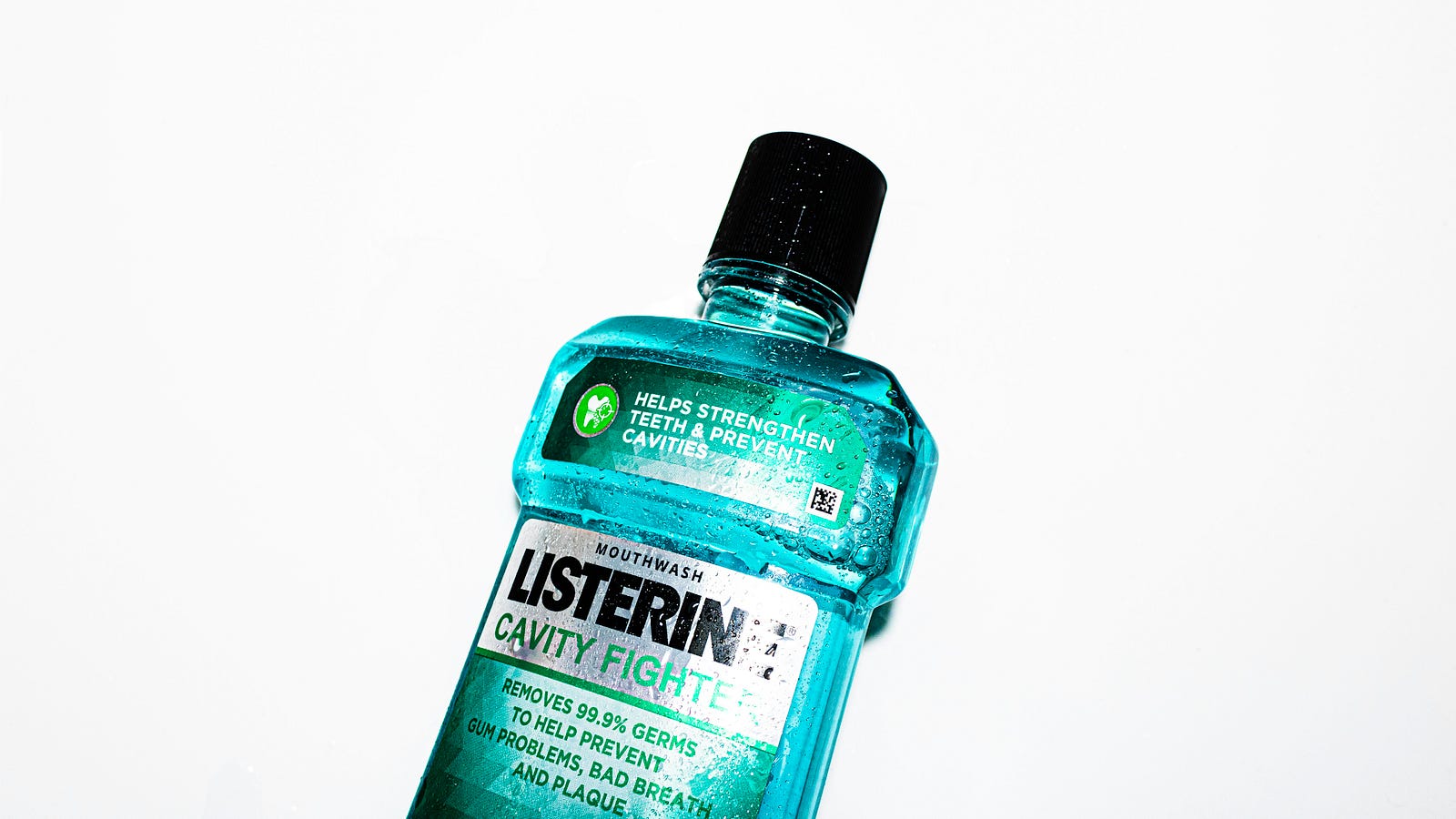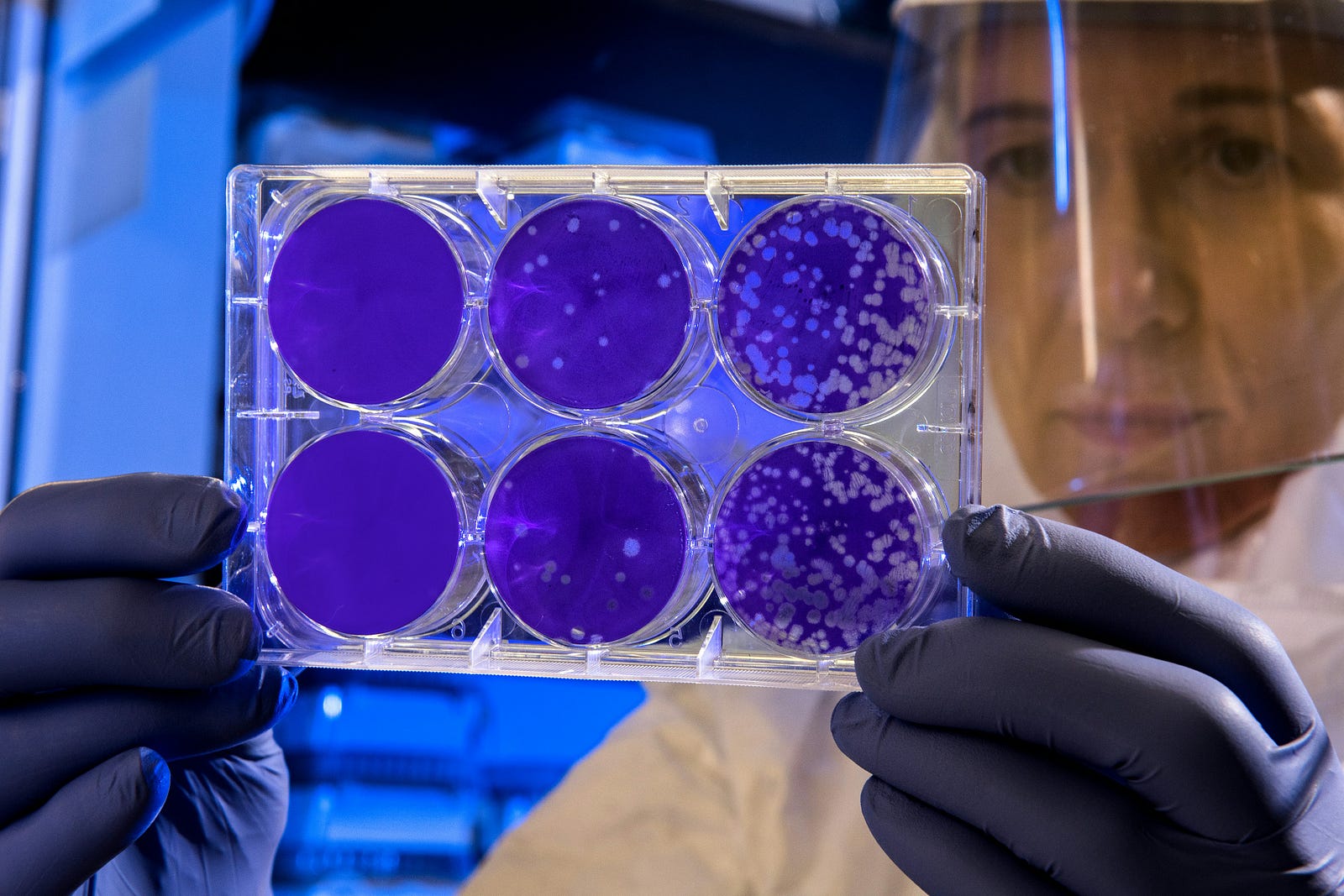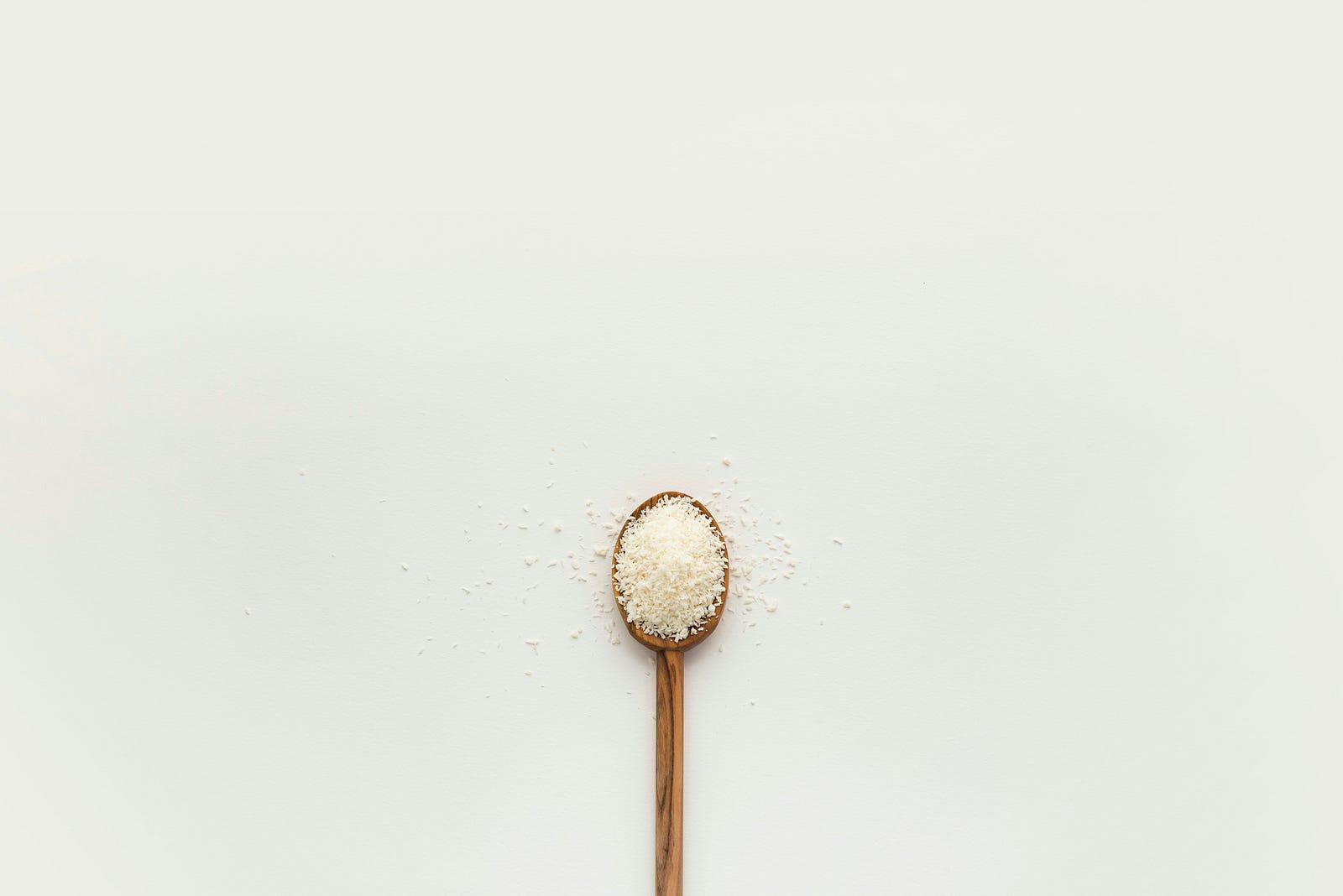Ditch the Rinse? Rethinking Your Mouthwash Habit
I am meticulous with my dental care. Floss? Yep. Brush thrice (or more) daily, check. And I use mouthwash twice a day. Should I ditch the rinse? Today, we explore why you and I might want to rethink our mouthwash habits.
Recent research has revealed a potential downside to my daily mouthwash routine.
While I love the minty freshness, alcohol-based mouthwashes could alter my mouth’s microbial balance.
This disruption might not only increase my risk of gum disease but might also be linked to heart disease and certain cancer types.

Goals – Rethinking Your Mouthwash
Many people prioritize maintaining dental hygiene. In addition to diligently flossing and brushing multiple times daily, the routine may include using mouthwash to ensure a minty, fresh feeling.
However, recent research has shed light on the potential drawbacks of this practice.
In this article, we will explore the implications of using alcohol-based mouthwashes on our oral health.
Let’s delve into the details and consider alternative approaches for maintaining a healthy mouth.
Let’s delve deeper into this research and explore the best ways to keep your mouth healthy without unintended consequences.
New Study
A study conducted at the Institute of Tropical Medicine in Antwerp, Belgium, raised concerns about alcohol-based mouthwash use.
The research by PhD student Jolein Lauman suggests a potential link between these mouthwashes and an increased risk of gum disease and certain cancers, including colorectal cancer.
The study’s findings, published in the Journal of Medical Microbiology, indicate this disturbing finding:
Alcohol-based mouthwash may disrupt the oral microbiome, potentially leading to these negative health outcomes.
Details
A clinical trial aimed at reducing the incidence of sexually transmitted infections (STIs) in men who have sex with men.

Researchers asked study participants to alternate between using Listerine mouthwash (alcohol-based) for three months and a non-alcohol mouthwash for another three months.
The order in which they used each mouthwash varied among participants.
Findings
The Institute of Tropical Medicine study found a significant shift in the oral microbiome composition after participants used alcohol-based Listerine Cool Mint mouthwash.
Notably, there was a significant increase in two bacterial species, Fusobacterium nucleatum and Streptococcus anginosus.
These microbes are associated with various diseases, including gum disease and certain cancers. Conversely, the number of the bacteria Actinobacteria decreased.
Mouthwash, With or Without Alcohol
Most commercially available mouthwashes contain alcohol.
While these mouthwashes may offer a temporary feeling of freshness, they can also cause a burning sensation, unpleasant taste, and dryness.

The alcohol in these mouthwashes acts indiscriminately, eliminating both beneficial and harmful bacteria and disrupting the natural balance of the oral microbiome.
On the other hand, alcohol-free mouthwash offers a gentler approach. It doesn’t eradicate all bacteria but instead works to establish a healthier balance within the oral ecosystem.
Summary – Rethinking Your Mouthwash
A recent study suggests that using Listerine mouthwash regularly might be linked to an increase in certain bacteria in the mouth.
These bacteria have previously been associated with gum disease, cancer, and other health problems.
It’s important to note that this is a single study; we need more research to confirm these findings.

The study doesn’t necessarily prove that Listerine causes these health problems.
However, these results do raise some concerns.
If you regularly use Listerine (or other alcohol-containing mouthwash), you might want to talk to your dentist about this study and alternative oral hygiene practices.
My Take – Rethinking Your Mouthwash
I would like to note a couple of omissions.
First, despite the provocative findings, the researchers did not collect information on participants’ dietary habits or smoking, which could also influence oral health.
Second, the investigators refrained from stating whether the public should stop using alcohol-based mouthwash.
Third, the study did not monitor adherence.
Lastly, given the study included only gay men, the results may not be generalizable.
Influence on My Clinical Practice
My patients receiving radiation therapy to the head and neck region often experience dry mouth.
You may have a dry mouth if you suffer from conditions like Sjogren’s (SHOW-grins) syndrome or diabetes.
I will now advocate for alcohol-free mouthwash options.

Alternatives to Alcohol-Containing Mouthwash
Here are some alternatives to alcohol-containing mouthwashes:
1. Alcohol-Free Mouthwashes: These are readily available at most drugstores and come in various flavors and formulations. Look for brands with ingredients like:
- Chlorhexidine gluconate (CHX): This powerful antiseptic can reduce bacteria and plaque buildup. However, it should not be used long-term as it can stain teeth and disrupt the mouth’s natural flora.
- Cetylpyridinium chloride (CPC): Another antiseptic ingredient that helps fight bacteria and freshen breath. It’s generally milder than CHX and less likely to cause staining.
- Essential oils: Some mouthwashes contain essential oils like peppermint, eucalyptus, or tea tree oil, which have natural antibacterial properties and can freshen your breath.

2. Salt Solution (Saline Rinse):
A saltwater solution is a simple and effective way to rinse your mouth and remove debris. Mix half a teaspoon of table salt with a cup of warm water and swish thoroughly for 30 seconds. Salt solutions are a gentle option and suitable for daily use.
3. Baking Soda Solution:
Mix half a teaspoon of baking soda with a cup of warm water like a salt solution. Baking soda can help neutralize acids produced by bacteria and freshen your breath.
4. Focus on Brushing and Flossing:
Remember, mouthwash is not a replacement for brushing and flossing. Good oral hygiene habits are the most important way to keep your mouth clean and healthy. Twice-daily brushing and regular flossing removes plaque and bacteria at the source, reducing the need for harsh mouthwash.
5. Consult Your Dentist:
Talk to your dentist if you have concerns about oral health or choosing the right mouthwash. They can recommend the best course of action based on your situation.
Summary
All of this isn’t to say you need to ditch mouthwash entirely.
However, it’s worth considering whether an alcohol-free alternative might be a better choice, especially if you experience dry mouth or other oral health conditions.
Thank you for reading “Rethinking Your Mouthwash.”




